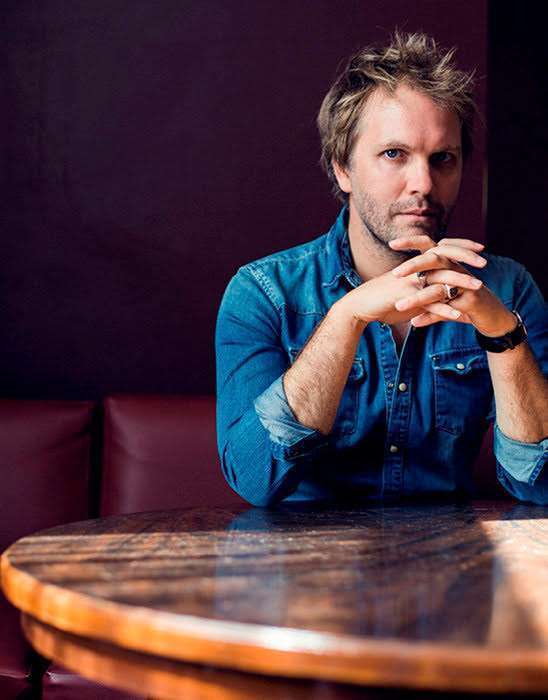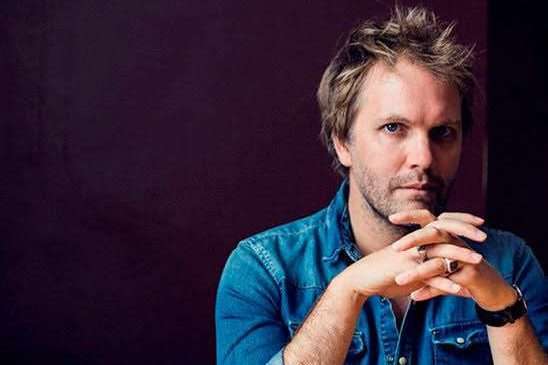

Writer’s block is not an affliction that one would imagine frequently – if ever – befalls Parisian auteur, Florian Zeller. Since penning his first novel at the age of twenty-two, Zeller has been so prolific, with a further four novels and fifteen plays to his name, that it would have been un- surprising had he decided to continue that path alone. But the move from his writing desk into the shoes of an Academy Award winning film director feels like something of a gift to cinema.
Zeller’s first foray into film was when he co-wrote the French drama Castle in Sweden (2008) based on a play of literary icon, Françoise Sagan. Following this, he co-wrote two other films. But, it wasn’t until the release of his directorial debut, The Father (2020) starring Anthony Hopkins and Olivia Col- man, that Zeller’s name was cemented into the minds – and on the tongues – of studio executives, academy members and cinephiles alike. The film was selected at Sundance, Toronto, Telluride and San Sebastian, amongst other film festivals. It received six BAFTA and Academy Award nominations, including Best Picture. Zeller and Christopher Hampton, with whom he co-wrote the screenplay, took home the Oscar for Best Adapted Screen- play, though – thanks to a certain world crisis – they accepted the award over video call. But Zeller is no stranger to awards. As a play, The Father received the 2014 Molière for Best Play following its premiere at the Theatre Hebertot in Paris. It was the first in the family trilogy, closely followed by The Mother and The Son. Being the critically acclaimed play of harrowing subject matter that it was – not to mention an almost impossible seeming adaptation – one does wonder if another filmmaker would have been courageous enough to bring it to the screen, had Zeller not been willing to do so himself.
The film is about an elderly man with dementia, attempting to make sense of his changing life circumstances and refusing help from his adult daughter, or any of the carers she hires. The entire film is set in one London apartment, which breeds a sense of claustrophobia, evidently mirroring the internal experience of the protagonist. The entire film unfolds in such a way that we, the audience, are never certain of what is real and what is a figment of his deteriorating mind. In conceiving it that way, Zeller brings into question the idea of reality ver- sus solipsism, in a manner that would disorient even René Descartes. The narrative cleverly replicates the experience of losing a grasp on the world around you, leading to a sense of confusion and frustration, not only for the character, but for the audience. It is by tapping into the fear of our own mortality, something that coincidentally gained significance over the last two years where talk of death was as commonplace as talk of lunch, that Zeller successfully makes an often surreal film feel so…very real.
Next, Zeller will form another branch of the family tree with The Son, starring Hugh Jackman, Vanessa Kirby and Laura Dern, which is set for release with Sony Picture Classics later this year. And will The Mother come after that? A guessing game might tell us so.



